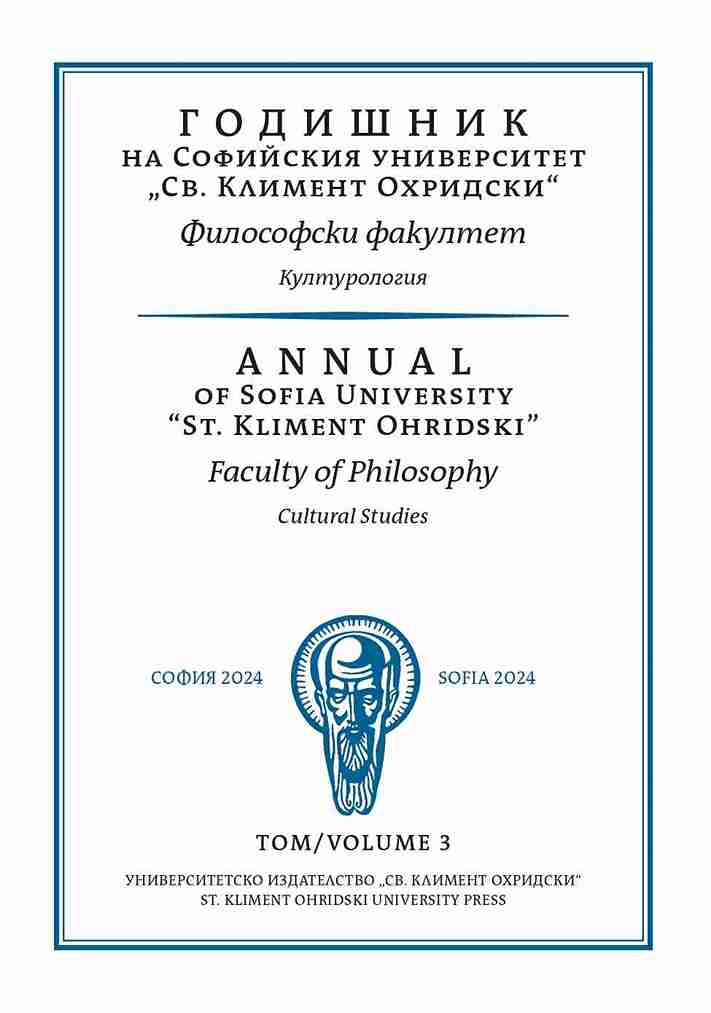Tools for sustainable development of world cultural heritage: The role of heritage impact assessment
Tools for sustainable development of world cultural heritage: The role of heritage impact assessment
Author(s): Milena KrachanovaSubject(s): Politics / Political Sciences, Politics, Social Sciences, Law, Constitution, Jurisprudence, International Law, Political Theory, Politics and society, Management and complex organizations, Policy, planning, forecast and speculation, EU-Approach / EU-Accession / EU-Development, Identity of Collectives
Published by: Софийски университет »Св. Климент Охридски«
Keywords: impact assessment; cultural heritage; UNESCO; Sustainable development goals (SDGs); 2030 Agenda; management plans; management system
Summary/Abstract: Cultural heritage is a factor in fostering social and economic development and ensuring a sustainable urban environment, supporting the Sustainable Development Goals of the 2030 Agenda. Its sustainable management leads to preservation of the community’s identity and memory as well as the historic urban environment, which leads to reciprocal benefits for heritage and society. The article examines the possibilities for sustaining the Outstanding Universal Value of the World Heritage properties though the implementation of several key management tools as Management Plans and Management Systems, focusing mainly on Cultural Heritage Impact Assessment (HIA). It provides a comprehensive overview of the legislative provision and implementation of these tools at the national level. The research methodology involves a mixed-methods approach, combining a review of the legal framework, secondary data analysis and qualitative data from case studies in Bulgaria. This methodology allows for a comprehensive analysis of the effectiveness and limitations of current heritage assessment tools in Bulgaria. The paper concludes that HIA is a vital component of sustainable cultural heritage management. By systematically assessing the potential impacts on heritage values, it provides a proactive approach to preservation of OUV of World Heritage sites. However, its effectiveness is contingent on its integration into State Parties’ policy frameworks and legal systems. Future research should focus on overcoming these challenges to ensure the continued relevance of the assessment and its alignment with broader sustainable development goals.
Journal: Годишник на Софийския университет „Св. Климент Охридски“. Философски факултет. Културология
- Issue Year: 2024
- Issue No: 3
- Page Range: 78-91
- Page Count: 14
- Language: English

